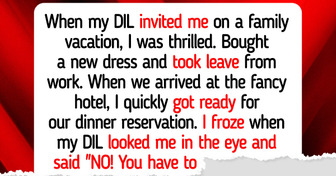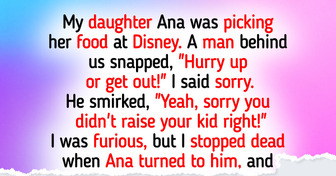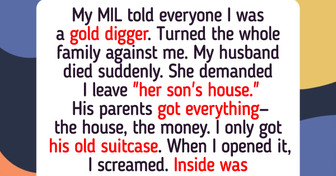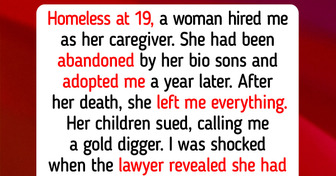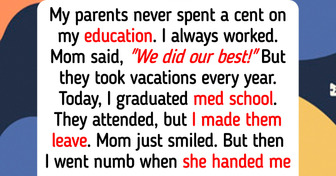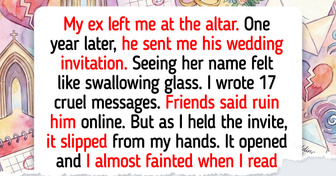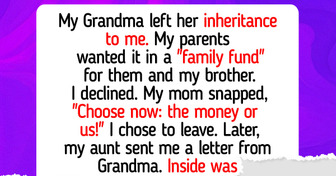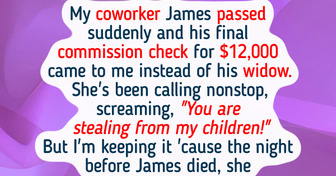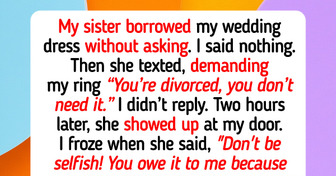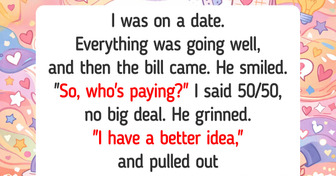I Won’t Accept Unequal Treatment in the Family Business
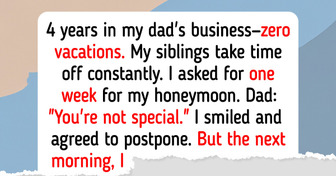
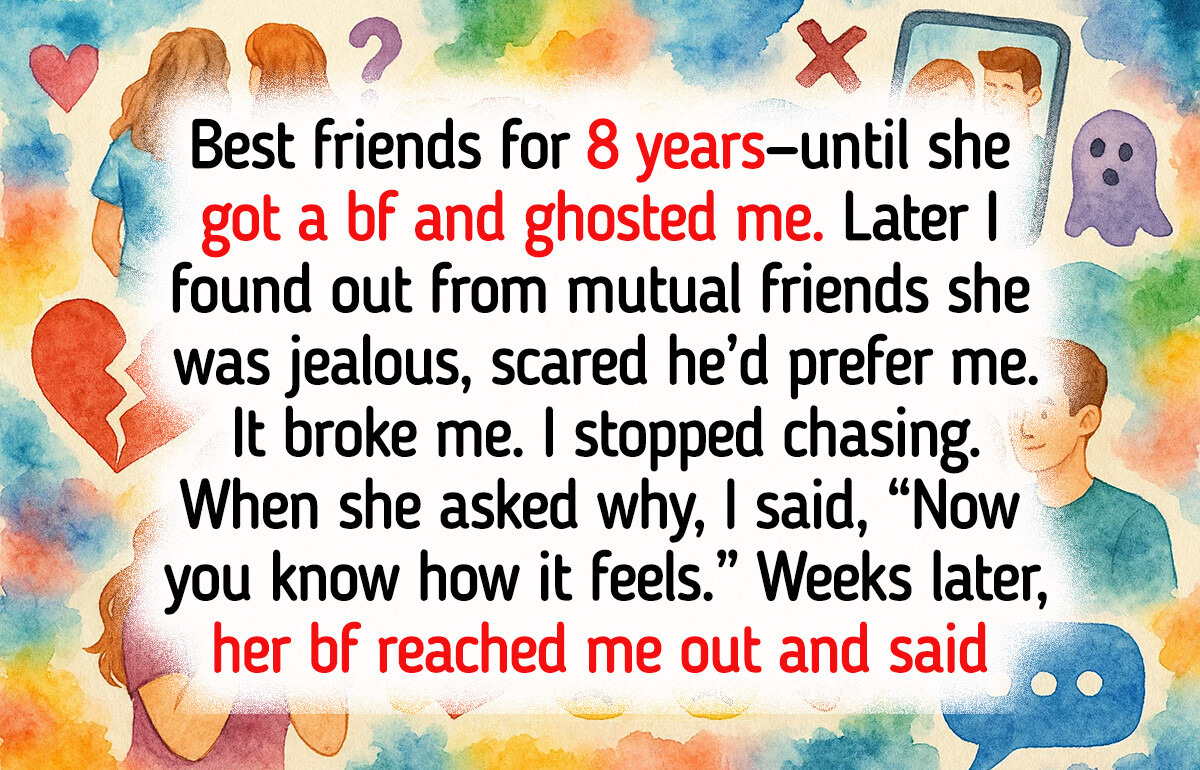
Friendship can sometimes feel stronger than family, but it’s also fragile in ways we don’t expect. One of our readers shared a story that proves how quickly things can change when love enters the picture. What started as an unbreakable bond turned into silence—and eventually, an unforgettable lesson.
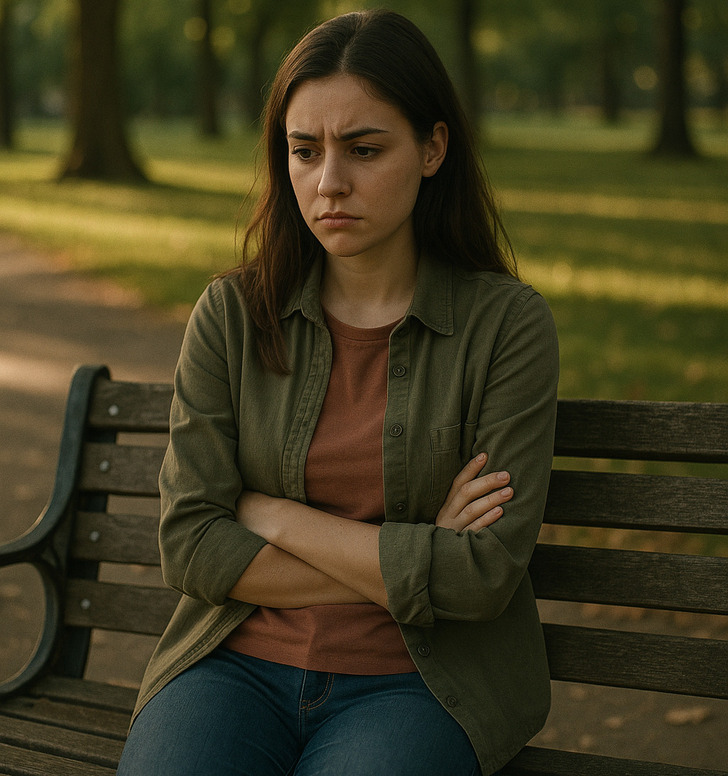
My best friend of 8 years got a boyfriend and, overnight, I stopped existing. No texts, no calls, no invites. She never introduced me to him either, which stung.
Through our mutuals, I found out why: she was afraid to introduce me because she thought he might like me more. Jealousy. From my best friend. That cut deeper than the ghosting itself.
At first, I wanted to scream, but instead I gave her a quiet lesson. I stopped chasing. No texts, no calls, no “let’s hang.” Weeks later, she finally reached out: “Why are you ignoring me?”
I replied: “Now you know how it feels.”
She didn’t like that answer, but it hit her. Because friendship isn’t about competition or insecurity—it’s about trust. And if she couldn’t trust me, then maybe we were never really best friends after all.
A month later, her boyfriend messaged me out of the blue: “She talks about you constantly. She misses you more than she’ll admit.”
And that’s when I realized: the real lesson wasn’t for her. It was for me. Sometimes you have to stop proving your loyalty to people who doubt it—and just let them learn the hard way.

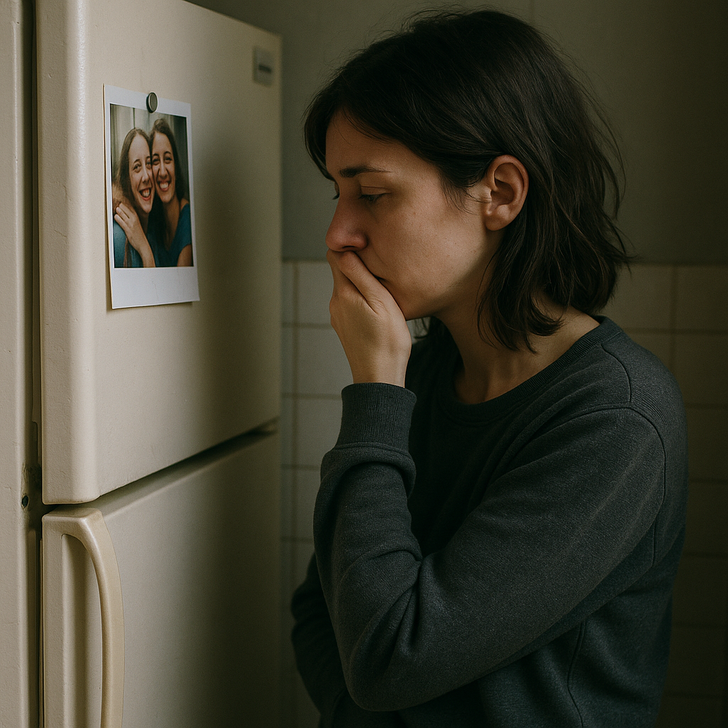
Losing a close friend can hurt just as deeply—sometimes even more—than ending a romantic relationship. Whether you drifted apart, had a big falling out, or were hurt by their actions, the empty space they leave behind feels heavy. It’s normal to replay what went wrong or wonder what you could’ve done differently. But when those thoughts take over, it keeps you stuck in the past instead of healing.
The good news? With a few gentle steps, you can learn to let go, care for yourself, and open your heart to new connections.
9 Tips for Moving On:
1. Practice mindfulness
Quiet your racing thoughts with meditation or mindfulness. Focusing on the present moment can stop you from replaying the past on a loop.
2. Talk it out
Share your feelings with someone you trust—or a therapist if that feels safer. Letting it out helps you process the loss instead of bottling it up.
3. Remove reminders
Box up gifts, photos, or anything that makes you dwell on them. Clearing space helps your mind clear, too.
4. Prioritize self-care
Eat well, move your body, rest, and dive into hobbies you love. Self-care reminds you that you can thrive without that specific friend.
5. Create new memories
Try something new—join a class, take a trip, or explore a fresh hobby. New habits help you move forward instead of clinging to the past.
6. Forgive yourself
Don’t replay mistakes over and over. Instead, treat them as lessons for how to be a better friend in the future.
7. Seek closure if possible
If they’re open to it, talk it out. Even if it doesn’t fix the friendship, expressing your feelings can give you peace.
8. Write your feelings
Journaling can release the pain and help you understand yourself better.
9. Take a social media break
Mute their profile or log off completely. It’s easier to heal when you’re not seeing their updates every day.
Remember, a lost friendship doesn’t erase your worth—it just leads you closer to the people meant to stay

